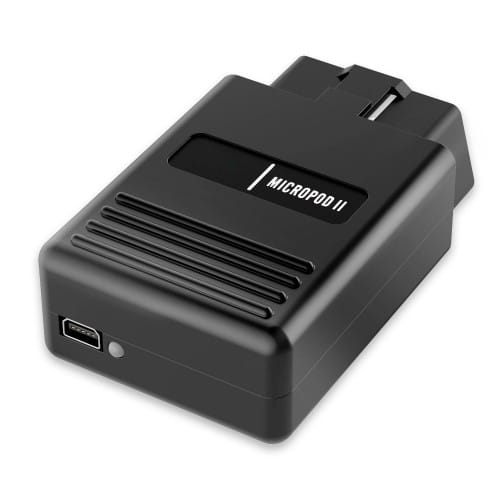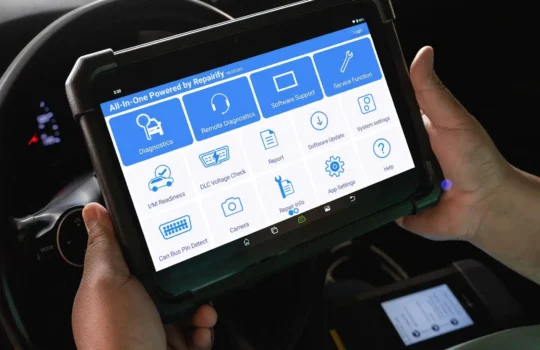Pin8 Casino 2026 – Trusted Online Casino & Gaming Guide
Explore pin8 online casino. Learn about games, features, and safety tips. Start playing responsibly on this reliable and beginner-friendly platform today.
Platform Overview
For new and intermediate online casino players, choosing a trustworthy platform can be challenging. Key concerns often include security, game variety, and overall user experience. Players want a clear understanding of the platform before creating an account or depositing funds.
Pin8 has become known as a user-friendly online casino that prioritizes accessibility and practical design. Rather than relying on flashy promotions, players are drawn to its structured layout, familiar game options, and secure environment. This article offers a neutral, informative overview of pin8, detailing its games, features, and safety measures to help players make informed decisions.

What is pin8?
pin8 is an online casino platform offering a range of games accessible through a single account. Its browser-based system allows players to enjoy casino features without complicated downloads.
As a pin8 casino, it provides slots, live dealer games, and traditional table games. Its simple interface is ideal for beginners learning online casino mechanics while still being suitable for intermediate players seeking an easy-to-navigate layout.
The pin8 online casino appeals to players looking for a reliable, practical platform with clear game formats and straightforward usability.
Why Do Players Choose pin8?
Players select online casinos based on convenience, reliability, and overall user experience. Key advantages of pin8 include:
- User-friendly interface for smooth navigation
- Variety of games available in one account
- Mobile-optimized design for gaming anywhere
- Clear menu structure for quick access to games
- Industry-standard security measures for safer play
The pin8 gambling platform is designed for players who value simplicity, practicality, and a seamless gaming experience.
Games and Features Available on pin8
Game variety is crucial to player engagement. pin8 provides a mix of popular and accessible game types:
Slot Games
Slots are a major feature, including classic, video, and themed options. These are ideal for casual players who enjoy visually engaging gameplay with simple rules.
Live Casino
Live dealer games allow players to interact with professional dealers via video streaming, delivering an immersive experience similar to traditional casinos.
Table Games and Other Options
Table games such as blackjack, roulette, and baccarat are typically available. Depending on region, additional betting options may be offered, giving variety while keeping the platform user-friendly.
Is pin8 Legit and Safe?
Many users ask: Is pin8 legit?
The platform employs standard security measures, including encrypted connections to protect user accounts and personal information. These practices are common across the online casino industry, supporting a safer environment for players.
Still, no platform is completely risk-free. Game availability, payment methods, and access may differ based on location. Users should review terms and conditions and practice responsible gaming for the best experience.
How to Get Started with pin8
Starting with pin8 is straightforward. Typical steps include:
- Visit the official pin8 website
- Register an account with basic personal information
- Complete verification if required
- Log in and explore available games
Players can browse categories and choose games that suit their interests. Beginners may benefit from starting with familiar games to learn the platform before exploring more advanced options.
Conclusion
pin8 offers a practical and beginner-friendly online casino experience. Its focus on popular games, clear interface, and standard security measures makes it suitable for casual online gamblers.
While advanced features may be limited, the platform delivers a balanced environment for those who value simplicity and clarity. Responsible gaming is essential, and exploring pin8 carefully helps players determine if it fits their style and preferences.



